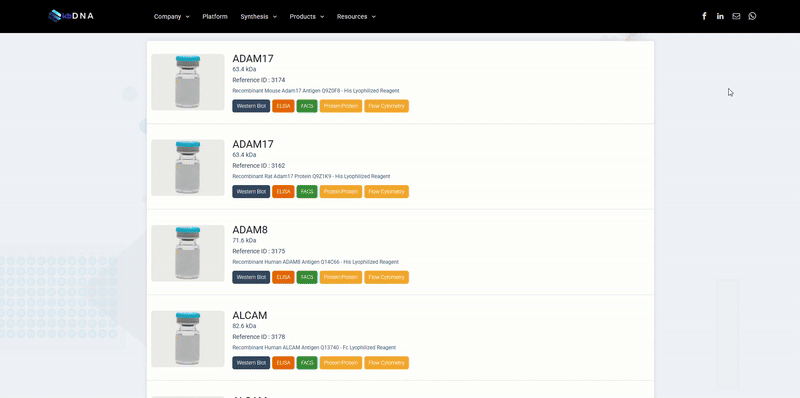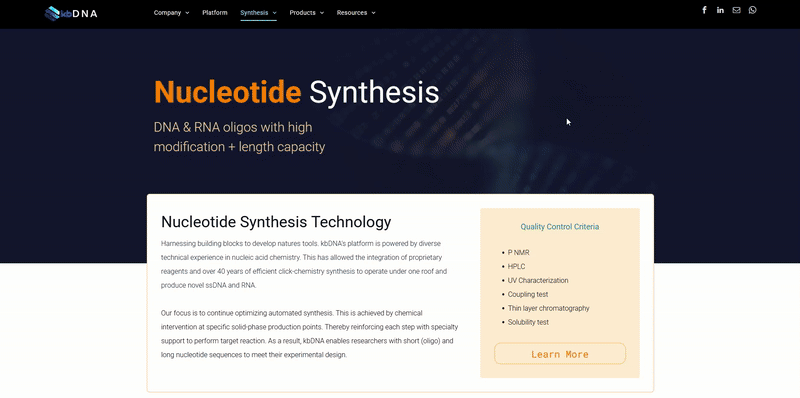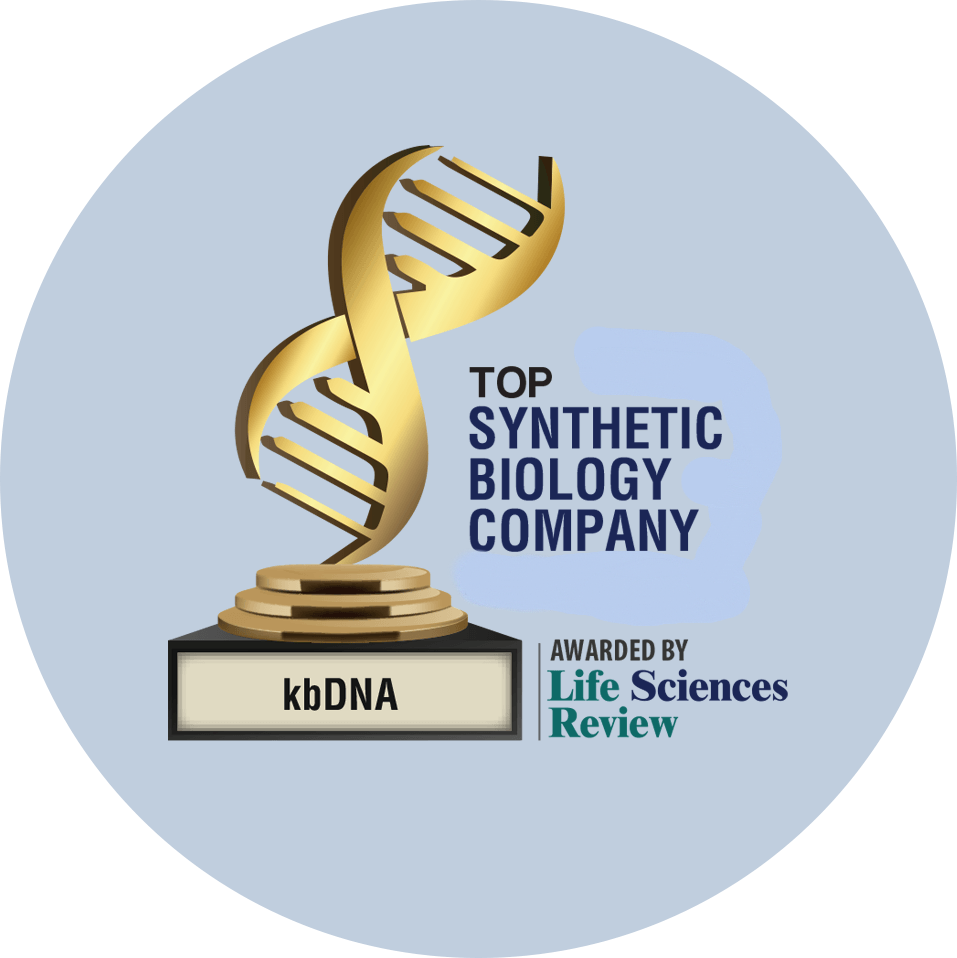Hemagglutinin
Recombinant ID:
3897
Request Datasheet
Gene of Interest
Gene Synonyms:
Protein Names:
Accession Data
Organism:
Influenza A virus (A/Shanghai/02/2013(H7N9))
Mass (kDa):
62108
Length (aa):
560
Sequence:
MNTQILVFALIAIIPTNADKICLGHHAVSNGTKVNTLTERGVEVVNATETVERTNIPRICSKGKRTVDLGQCGLLGTITGPPQCDQFLEFSADLIIERREGSDVCYPGKFVNEEALRQILRESGGIDKEAMGFTYSGIRTNGATSACRRSGSSFYAEMKWLLSNTDNAAFPQMTKSYKNTRKSPALIVWGIHHSVSTAEQTKLYGSGNKLVTVGSSNYQQSFVPSPGARPQVNGLSGRIDFHWLMLNPNDTVTFSFNGAFIAPDRASFLRGKSMGIQSGVQVDANCEGDCYHSGGTIISNLPFQNIDSRAVGKCPRYVKQRSLLLATGMKNVPEIPKGRGLFGAIAGFIENGWEGLIDGWYGFRHQNAQGEGTAADYKSTQSAIDQITGKLNRLIEKTNQQFELIDNEFNEVEKQIGNVINWTRDSITEVWSYNAELLVAMENQHTIDLADSEMDKLYERVKRQLRENAEEDGTGCFEIFHKCDDDCMASIRNNTYDHSKYREEAMQNRIQIDPVKLSSGYKDVILWFSFGASCFILLAIVMGLVFICVKNGNMRCTICI
Proteomics (Proteome ID):
Hemagglutinin [Cleaved into: Hemagglutinin HA2 chain; Hemagglutinin HA1 chain]
Proteomics (Chromosome):
UP000135035
Mass Spectrometry:
N/A
Function [CC]:
Binds to sialic acid-containing receptors on the cell surface, bringing about the attachment of the virus particle to the cell. This attachment induces virion internalization either through clathrin-dependent endocytosis or through clathrin- and caveolin-independent pathway. Plays a major role in the determination of host range restriction and virulence. Class I viral fusion protein. Responsible for penetration of the virus into the cell cytoplasm by mediating the fusion of the membrane of the endocytosed virus particle with the endosomal membrane. Low pH in endosomes induces an irreversible conformational change in HA2, releasing the fusion hydrophobic peptide. Several trimers are required to form a competent fusion pore. {ECO:0000256|HAMAP-Rule:MF_04072, ECO:0000256|SAAS:SAAS01039073}.; Binds to sialic acid-containing receptors on the cell surface, bringing about the attachment of the virus particle to the cell. This attachment induces virion internalization of about two third of the virus particles through clathrin-dependent endocytosis and about one third through a clathrin- and caveolin-independent pathway. Plays a major role in the determination of host range restriction and virulence. Class I viral fusion protein. Responsible for penetration of the virus into the cell cytoplasm by mediating the fusion of the membrane of the endocytosed virus particle with the endosomal membrane. Low pH in endosomes induces an irreversible conformational change in HA2, releasing the fusion hydrophobic peptide. Several trimers are required to form a competent fusion pore. {ECO:0000256|RuleBase:RU003324}.
Metal Binding:
METAL 89 89 Calcium. {ECO:0000213|PDB:4LN6, ECO:0000213|PDB:4LN8}.; METAL 127 127 Calcium. {ECO:0000213|PDB:4LN6, ECO:0000213|PDB:4LN8}.; METAL 128 128 Calcium; via carbonyl oxygen. {ECO:0000213|PDB:4LN6, ECO:0000213|PDB:4LN8}.
Site:
SITE 339 340 Cleavage; by host. {ECO:0000256|HAMAP-Rule:MF_04072}.
Tissue Specificity:
N/A
Disease:
N/A
Mutagenesis:
N/A
Reagent Data
Name:
Hemagglutinin [Cleaved into: Hemagglutinin HA2 chain; Hemagglutinin HA1 chain]
Class:
Subcategory:
Recombinant
Molecular Weight:
Source:
Species:
Influenza
Amino Acid Sequence:
Tag:
Format:
Lyophilized
Formulation:
Sterile-filtered colorless solution
Formulation Concentration:
1mg/ml
Buffer Volume:
Standard
Buffer Solution:
PBS
pH:
7.4-7.5
Stabilizers
NaCl:
Null
Metal Chelating Agents
EDTA:
Null
Purity:
> 98%
Determined:
SDS-PAGE
Stained:
Inquire
Validated:
RP-HPLC
Sample Handling
Storage:
-20°C
Stability:
This bioreagent is stable at 4°C (short-term) and -70°C(long-term). After reconstitution, sample may be stored at 4°C for 2-7 days and below -18°C for future use.
Preparation:
Reconstitute in sterile distilled H2O to no less than 100ug/ml; dilute reconstituted stock further in other aqueous solutions if needed. Please review COA for lot-specific instructions. Final measurements should be determined by the end-user for optimal performance.












